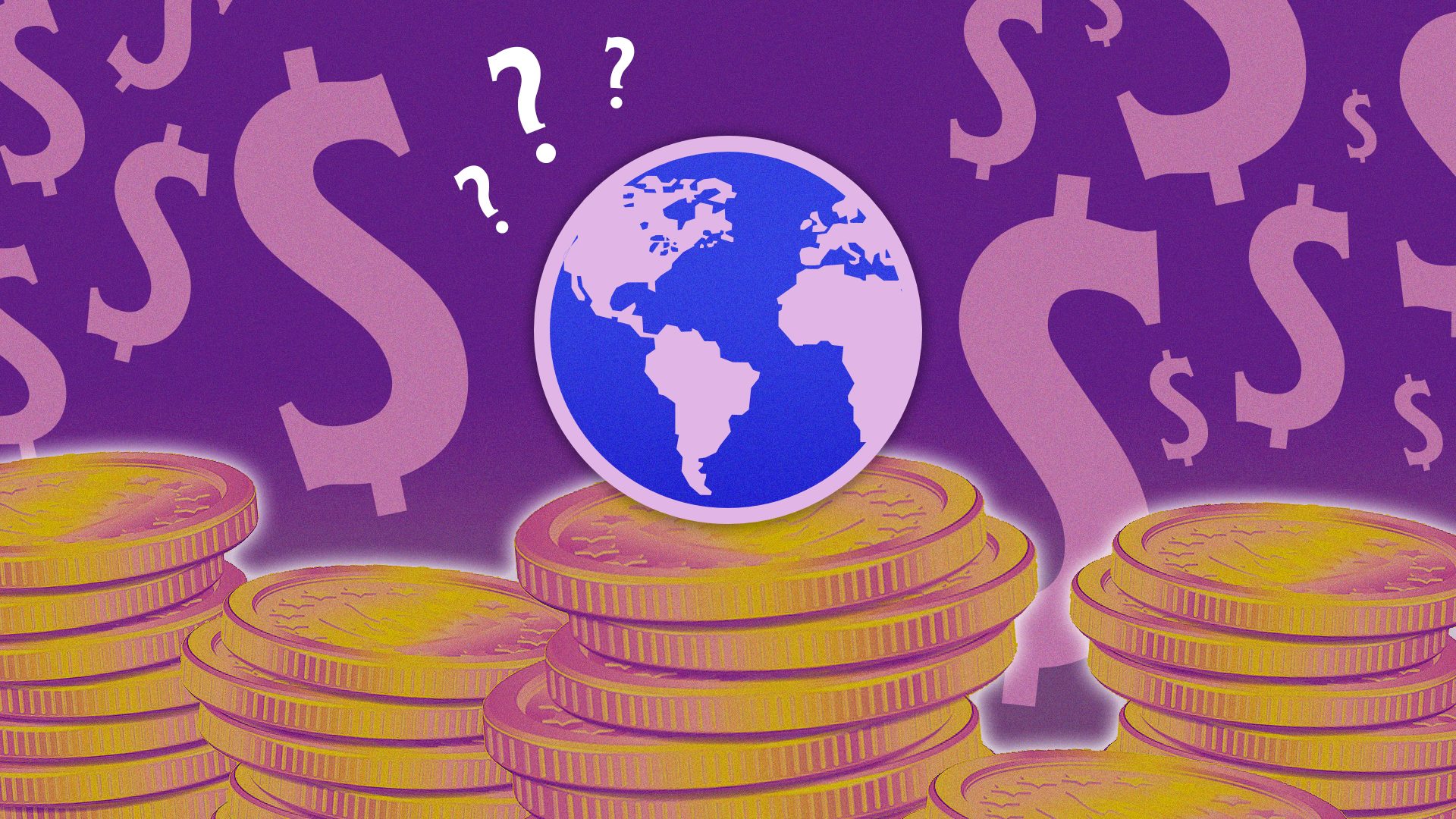World leaders have agreed to start taxing the earnings of tech giants at a minimum of 15 percent annually. What could this increased government income mean for the future?
Over the last week, leaders of the G7 countries met in Cornwall to discuss the most pressing global issues of the moment. Climate change, COVID vaccine distribution, and global tax deals were all on the agenda.
All were vital conversations, but the conclusion reached on an increase in global minimum corporate tax has been described as a ground-breaking, historic decision that will ‘change the world.’
That’s a pretty big claim for a policy that may take months or possibly years to come into effect, so let’s get up to speed on what the new tax agreements will mean for the future.
For readers who aren’t finance experts, I’m with you. I promise, we’ll keep this basic.
Firstly, who is being taxed?
The most profitable and well-known businesses operating around the world will be affected, particularly those in the big tech industry. It has been an ongoing struggle for governments to properly tax these businesses as they commonly operate across multiple countries.
There’s a key way this is done. You’ve most likely heard of tax havens. They’re a handful of countries where wealthy individuals and multi-national business owners privately store their money to avoid being taxed on their wealth.
Companies such as Amazon and Facebook have strategically set up local branches in countries that have low or zero corporate tax rates, declaring annual profits there in order to dodge higher tax rates in their origin nation. Low tax rates = more money in the business’ pocket.
Manipulating the system this way means that the governments in countries where operations and sales actually happen won’t receive any money back into their system.
This leads to deficits in government money available for public services. For example, money that is needed for improving local infrastructure, as well as economic and social development in education and healthcare systems.
Sounds sneaky, right? But the practice has been completely legal since, well, forever. The immense financial success of large tech firms has led to world leaders challenging the legality of preserving financial wealth by storing their earnings off-shore.
The G7’s new international agreement will exist to diminish this practice, by implementing a global minimum corporate tax rate of 15 percent.





















